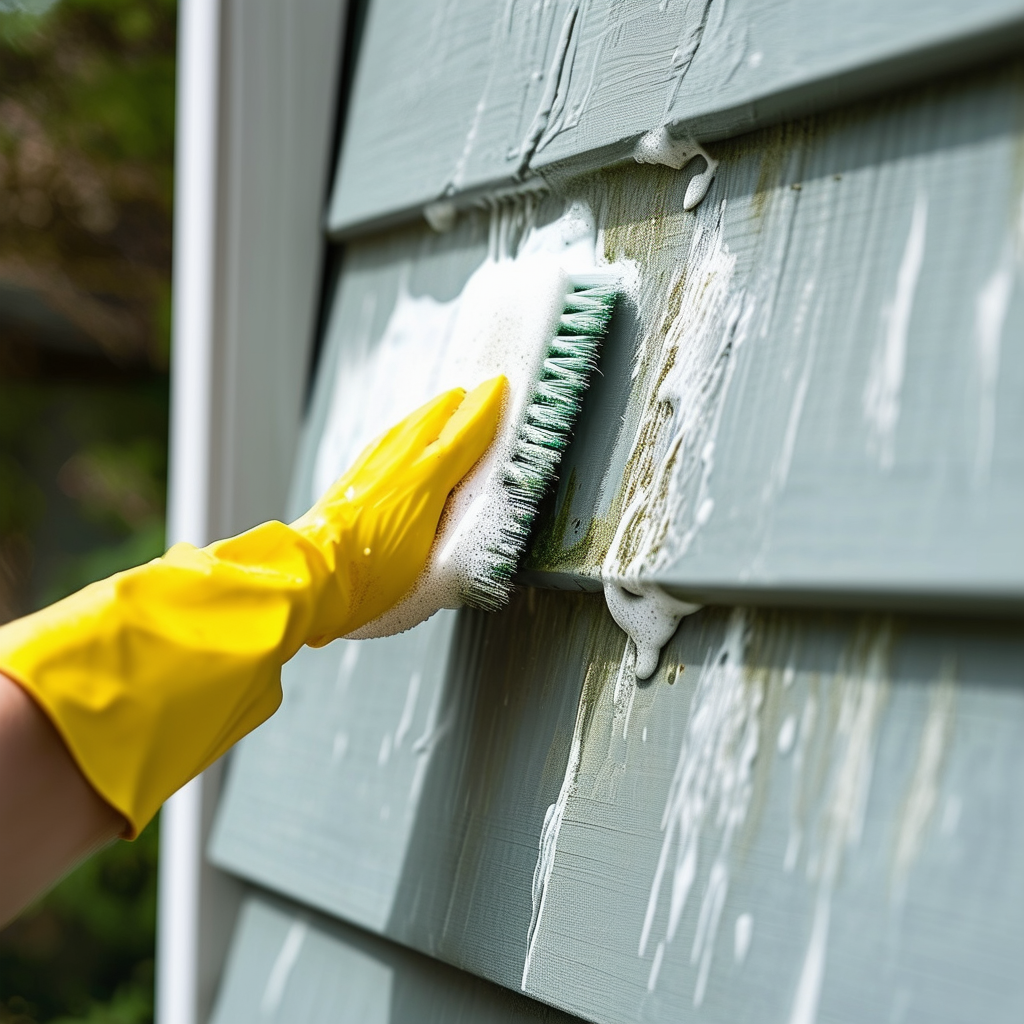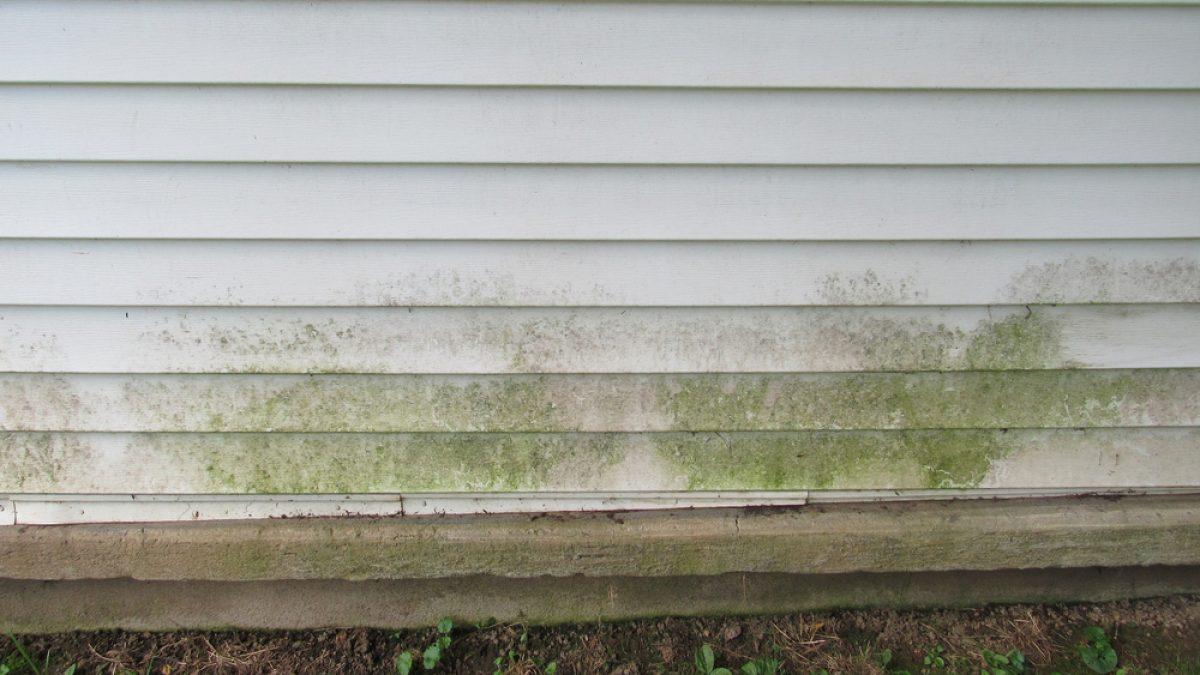
Mold and mildew on vinyl siding is not only unsightly but can also damage your home’s exterior if left untreated. Discover the most effective methods to remove mold and keep your siding looking fresh and clean.
Understanding the Causes of Mold Growth on Vinyl Siding
Mold and mildew thrive in moist and shady environments. Vinyl siding, particularly in areas that don’t get much sunlight, can become a breeding ground for these fungi. The combination of organic materials like dirt and pollen that accumulate on the siding, coupled with moisture from rain or humidity, creates the perfect conditions for mold growth.
Other contributing factors include poor ventilation around the siding, leaks from gutters or downspouts, and the presence of trees or shrubs that trap moisture. Understanding these causes can help you take preventative measures to reduce mold growth.
Essential Tools and Safety Precautions
Before you begin cleaning mold from your vinyl siding, it’s crucial to gather the necessary tools and take safety precautions. Essential tools include a garden hose with a spray nozzle, a long-handled brush, a bucket, and a non-abrasive scrub brush. You may also need a ladder for reaching higher areas.
Safety precautions are equally important. Wear protective gear such as gloves, goggles, and a mask to protect yourself from mold spores and cleaning chemicals. Ensure the ladder is stable and placed on a flat surface to prevent accidents. If using any chemical solutions, read the manufacturer’s instructions carefully to avoid any mishaps.
DIY Cleaning Solutions for Mold Removal
Several DIY cleaning solutions are effective in removing mold from vinyl siding. A popular and budget-friendly option is a mixture of water and white vinegar. Combine one part white vinegar with three parts water in a spray bottle. Another effective solution is a mix of one-third cup powdered laundry detergent, two-thirds cup powdered household cleaner, and one gallon of water.
For more stubborn mold, you might consider using a bleach solution. Mix one part bleach with four parts water. However, use caution with bleach as it can damage plants and discolor your siding if not rinsed thoroughly.
Step-by-Step Guide to Cleaning Mold from Vinyl Siding
Start by spraying the affected area with water from your garden hose to remove loose dirt and debris. This will make the cleaning process more effective. Next, apply your chosen cleaning solution to the moldy areas using a spray bottle or a pump sprayer.
Allow the solution to sit for about 10-15 minutes to break down the mold. Then, use a long-handled brush or a non-abrasive scrub brush to scrub the mold off the siding gently. For higher areas, use a ladder, ensuring it is stable and secure. Rinse the area thoroughly with clean water using your garden hose to remove any residue of the cleaning solution.
Preventative Measures to Keep Mold at Bay
Preventing mold growth on your vinyl siding involves a combination of regular maintenance and environmental adjustments. Ensure your gutters and downspouts are clean and functioning correctly to prevent water from seeping into the siding. Trim trees and shrubs around your home to improve airflow and reduce trapped moisture.
Regularly clean your siding to remove dirt and organic materials that can promote mold growth. Consider applying a mold-resistant solution or a protective coating to your siding. Finally, inspect your home periodically for leaks or areas where moisture might accumulate and address any issues promptly.

